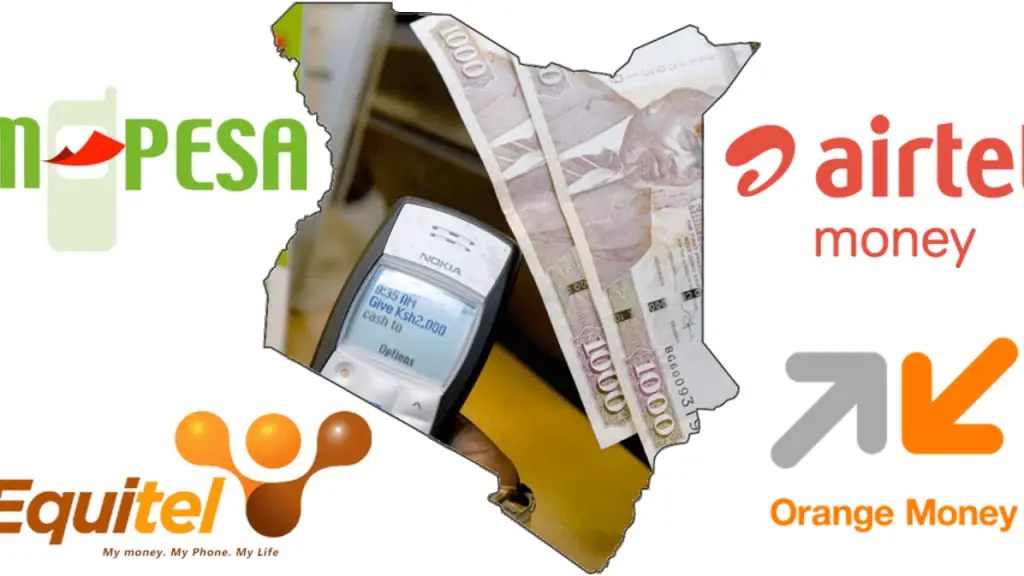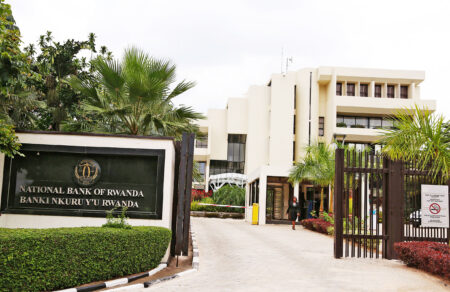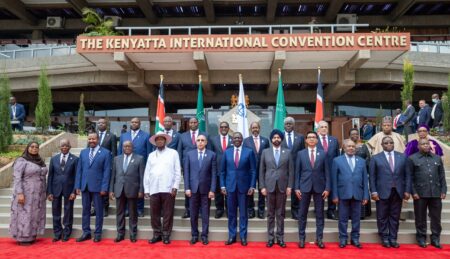Banks continue to fill the impact of mobile money as it eats into their asset quality and profits despite partnering with telecoms.
According to a 2020 banking sector analysis report by Summit Consulting, increase in mobile money deposits has a negative connection to banks’ return on equity defined as the ability of a firm to generate profits from its shareholder’s investments in the company.
“High volume of mobile money transactions discourages customers from depositing with banks due to convenience,” the report read in part.
Accessibility and convenience of the telecom hosted platform have been boosted by the increase in the number of mobile money agents making it more attractive to the 27.9 million subscribers.
Deposits of mobile money accounted for 37.7 per cent of the slump on return on equity and deny banks of adequate deposits for investment, as most banks get money from customer deposits, which they lend out to customers to earn interest.
“The number of money agents has also plunged return on equity more than 36.7 per cent of the time,” the report indicates.
According to data from the bank of Uganda, in May 2020 mobile money agents stood at 395,000 an increase from 200,000 in January 2019.
According to the report, microloans disbursed through mobile money were found to affect the payment of bank loans (asset quality). As the value of mobile money transactions spiked, bank non-performing loans increased.
“We saw a relationship between mobile money whereby a person is able to get a quick loan via mobile … they know banks will not be able to give a top-up yet mobile money can. People with existing loans are embracing the microloans for quick fixes at the expense of paying their bank loans.” Said Mr Mustapha B Mugisa, Summit Consulting team leader.
The MTN chief executive officer, Mr Wim Vanhelleputte said as MTN they “would be willing to implement any regulatory obligation from Bank of Uganda as and when they are required” to create a customer centred industry.
Mr Mugisa advised in order to the bureau to reduce incidents of multiple borrowing telecoms must explore possibilities of linking to the credit reference.
Also Read: M-Pesa of health targets 800 million African mobile subscribers











